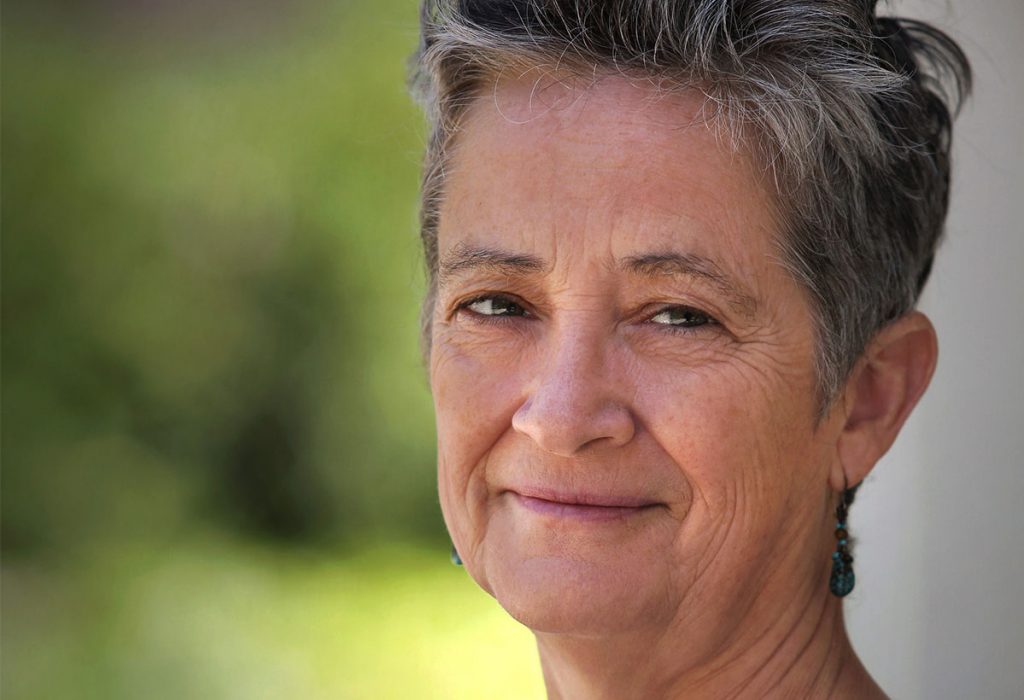Academics find their calling following multiple paths. For Professor Elisabeth Le Guin, she was a professional musician first and arrived late to teaching as a musicologist. She has wasted no time embarking on her own pedagogical road since she began teaching at UCLA in 1997, and her efforts were recognized this fall when she was presented with a UCLA Distinguished Teaching Award at the thirty-third Night to Honor Teaching, the only UCLA event that’s solely devoted to recognizing excellence in teaching. Le Guin, who is currently serving as the Chair of the Department of Musicology, joins fellow musicologist Robert Fink, who was a recipient last year, along with five others from The UCLA Herb Alpert School of Music, since 2000: Mitchell Morris, Musicology, (2003); Robert Bourland, Music, (2005); Robert Winter, Music, (2008); Ian Krouse, Music, (2011).
Le Guin’s teaching philosophy is timely. Inspired through the years by the Fandango fronterizo, an event held annually in May along the border fence between Tijuana and San Diego, musicians in the son Jarocho?tradition of southern Mexico gather on either side of the fence in order to sing and dance together in protest of injustice and in celebration of survival in the face of injustice. “Human bodies cannot cross the fence — indeed it is not even possible to get a little finger through the rusty mesh — but human sound travels through freely,” she wrote.
The Fandango fronterizo is more than a political event for Le Guin, it underlies her scholarship; it urges her to insist on “crossing that rusty border fence between practice and theory, between the beautiful urgencies of real-time execution, and the development of critical distance upon it. “It has led her to the fundamental cornerstone of her teaching: the cultivation of listening as an act of what she calls “radical (re) connection.”
Nowhere has this philosophy been more pronounced for Le Guin than in the Winter of 2015, when she put to the test an experiment in radical listening: she faced a class of graduating Music History majors and announced they were going to create the syllabus for their capstone course, together. What was to be radical listening on her end, became radical empowerment for her students. “It drew on everything I had always tried for in my work as a professional musician,” she said, “and later, in my performances as a teacher.” In this case, Le Guin’s radical (re) connection resulted in a successful two-day conference fully realized by the 2015 graduating Music History seniors, where they presented their culminating projects to an engaged public. This conference has since become a yearly feature of department life.
“I conceive the enterprise of encouraging and nourishing my students’ unique visions as my pedagogical mandate above all other considerations,” she said. “My musician’s training in interactive listening is put to a stringent test: to stand at the service of THEIR ideas — not my own.”
To find out more about our outstanding faculty and programs in the Department of Musicology, please visit us here.
